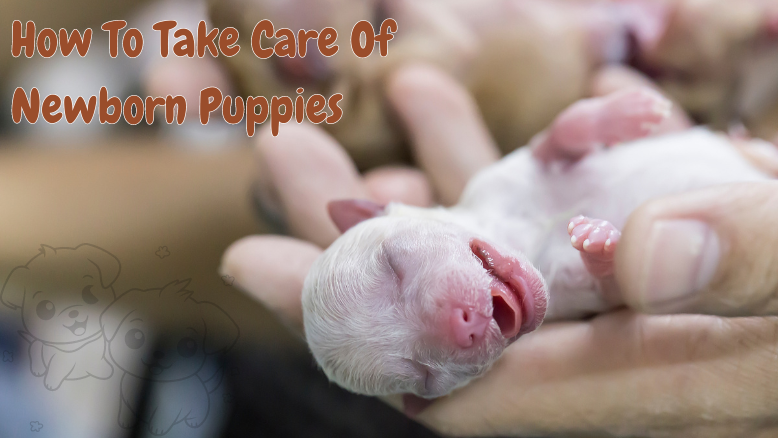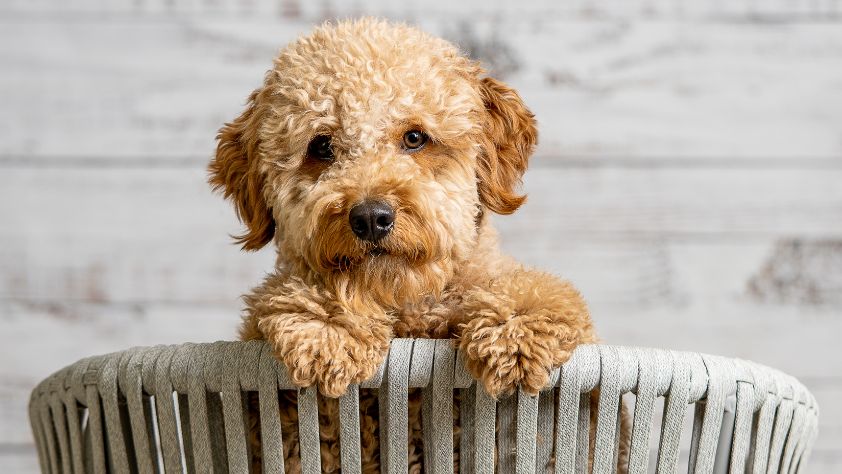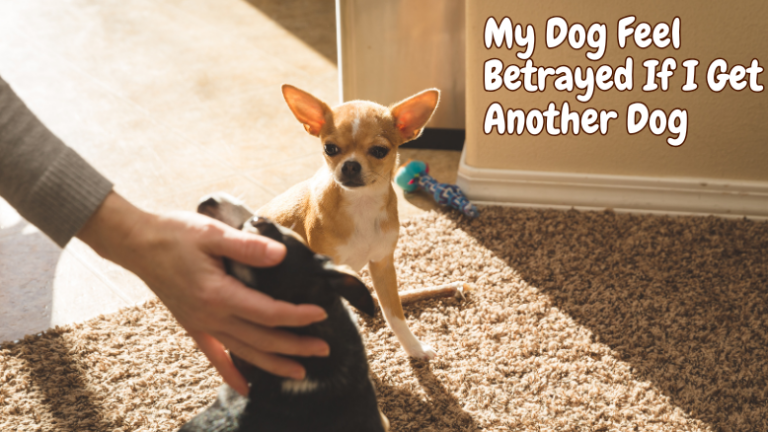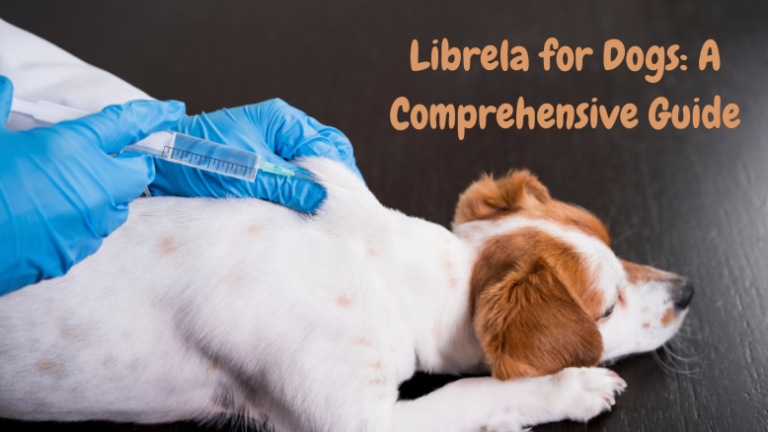
Newborn Puppies Week By Week Care
A litter of newborn pups is a thrilling and fulfilling event to welcome into your house. But it also carries a lot of responsibility. New puppies require extra care and attention to grow up healthy and strong, just like human newborns do. We’ll go over everything from feeding to socializing as we take you step-by-step through the process of caring for newborn puppies in this blog post.
Week 1: The Beginning
Newborn puppies are reliant on their mother for everything throughout the first week of life. They sleep and nurse for the majority of the day because they require a lot of sleep to develop. You provide the mother and her puppies with a cozy and warm environment during this period. Ensure they have a spotless, cozy space to rest that is free from distractions and loud noises.
Week 2: Eyes Wide Open
Puppies’ eyes will open during the second week of their lives. They can observe their surroundings for the first time, which makes this a thrilling milestone. Even while at first their vision can still be hazy, they will eventually start to curiously investigate their surroundings. Continue to give the puppies and their mother a cozy and caring environment throughout this period. To help them get acclimated to human touch, you can also begin introducing them to mild handling.
Week 3: Exploring Their World
Puppies will get more energetic and daring by the third week. As they investigate their surroundings, they will start to move around more and shake their tiny legs. It is important to expose puppies to a variety of sights, sounds, and experiences during this crucial period of socialization. To begin the weaning process, you can also begin introducing them to soft puppy food that has been combined with water.
Week 4: Growing Up Fast
Puppies will be fully weaned from their mother’s milk and eating solid food by the time they are four weeks old. Additionally, they will grow more self-reliant, spending less time with their mother and more time alone. This is an excellent time to start basic potty training and a regular feeding routine. Additionally, you can begin teaching them basic instructions like sit and remain.
Week 5: Time to Play
Puppy energy and playfulness will peak around five weeks of age. They will play rough and tumble with their friends and pick up valuable social skills in the process. Give them lots of toys and opportunities for interactive play to reinforce this habit. To aid with their socialization, you can also begin exposing them to dogs and people who are not members of their immediate family.
Week 6: First Vet Visit
Puppies should have their initial examination at the veterinarian when they are about six weeks old. The puppies’ growth and development will be monitored by the veterinarian. To maintain the puppies’ health, they will also give them any required vaccines and deworming procedures. Talk to your veterinarian about your options for spaying or neutering during this period as well.
Week 7: Continuing Education
The puppies are still concentrating on their training and socializing as they approach seven weeks of age. To help children develop into well-rounded, self-assured individuals, expose them to different situations and surroundings. Additionally, you can begin teaching them more complex commands like come when called and fetch.
Week 8: Saying Goodbye

The puppies will be ready to leave their mother and move into a new home at eight weeks old. Even while it can be sad to say goodbye, realize that you gave them the best start in life. Give the puppies’ new owners all the information they require to take care of them, including their food requirements and vaccination history.
Conclusion
Newborn puppies care is a loving endeavor that calls for plenty of cuddling, patience, and dedication. You can make sure that your pups are happy, healthy, and well-adjusted by adhering to the rules mentioned in this blog post. Don’t forget to cherish every second of this limited time spent with your animal companions!






